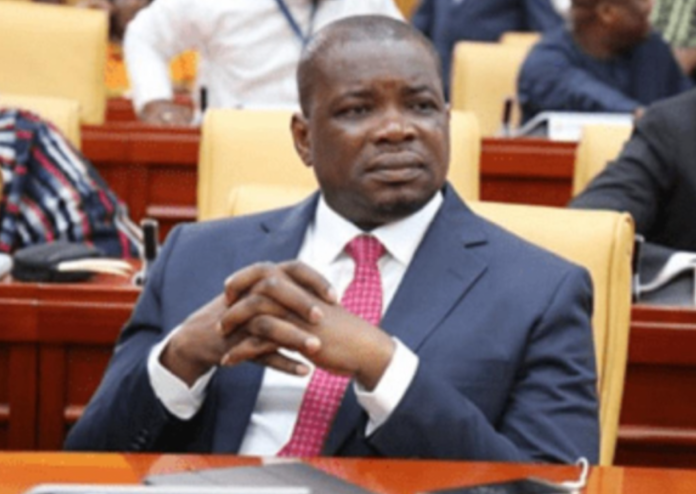Minister for Roads and Highways, Kwame Governs Agbodza, disclosed in Parliament on Thursday, June 5, 2025, that nearly $30 million has been paid to a contractor for the Tamale-Walewale Road project, which is only one percent complete, with the site barely cleared.
The project, which was launched with much fanfare, has been effectively abandoned—drawing sharp condemnation from the Minister, who vowed to recover the funds.
Mr. Agbodza, expressing profound dismay, told the House that the total documented cost of the project is $158,617,764.
Yet, the contractor has already claimed $29,648,180 for work that he described as not even completing the site clearing.
To compound the situation, the same contractor is reportedly seeking an additional $14 million in order to terminate the contract and walk away with the initial payment.
“As a Roads Minister, knowing that I owe Ghanaian contractors over GH¢21 billion for work they have genuinely done, it is quite disheartening that at the same time we are unable to pay Ghanaian contractors, we have paid somebody $30 million. And the person is basically asking us to let him go with our $30 million,” Mr. Agbodza stated, highlighting the stark disparity in resource allocation and accountability.
The Minister’s resolve to reclaim the funds was unequivocal.
“We shall be able to use the laws within our country to demand that $30 million worth of work is done, or we take legal actions to make sure that we retrieve it,” he declared, signalling a looming legal battle.
The project in question was ceremoniously launched by then-Vice President Dr. Mahamudu Bawumia in June 2022.
The revelation that nearly $30 million has yielded only 1% progress underscores broader concerns about contract management, value for money, and oversight in public infrastructure delivery.
It raises pressing questions about accountability and the protection of taxpayer funds in the face of significant national debt and widespread infrastructure needs.
The government’s immediate focus will now be on implementing legal strategies to either compel the contractor to execute work commensurate with the payments received or recover the substantial public funds.


